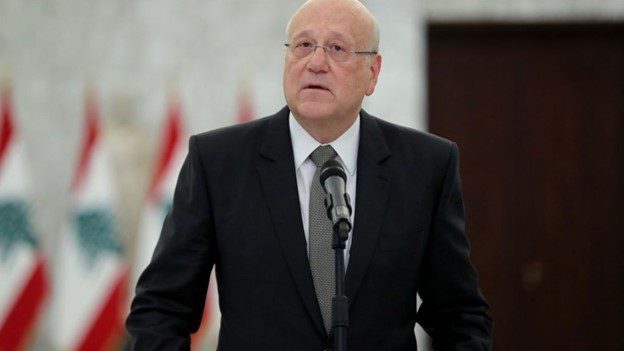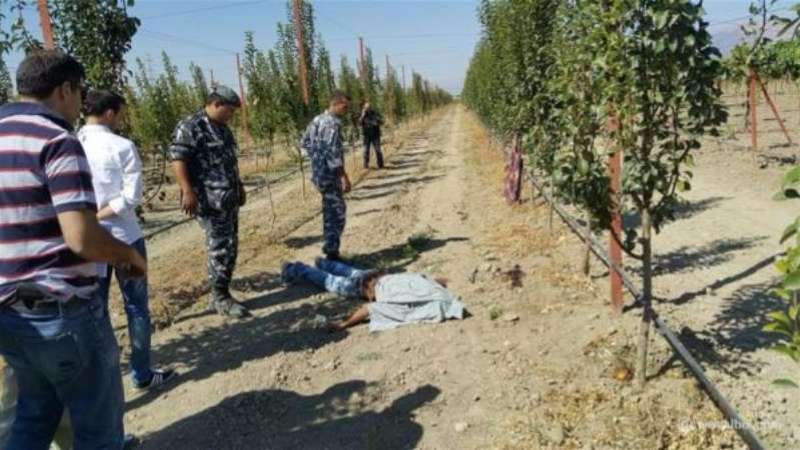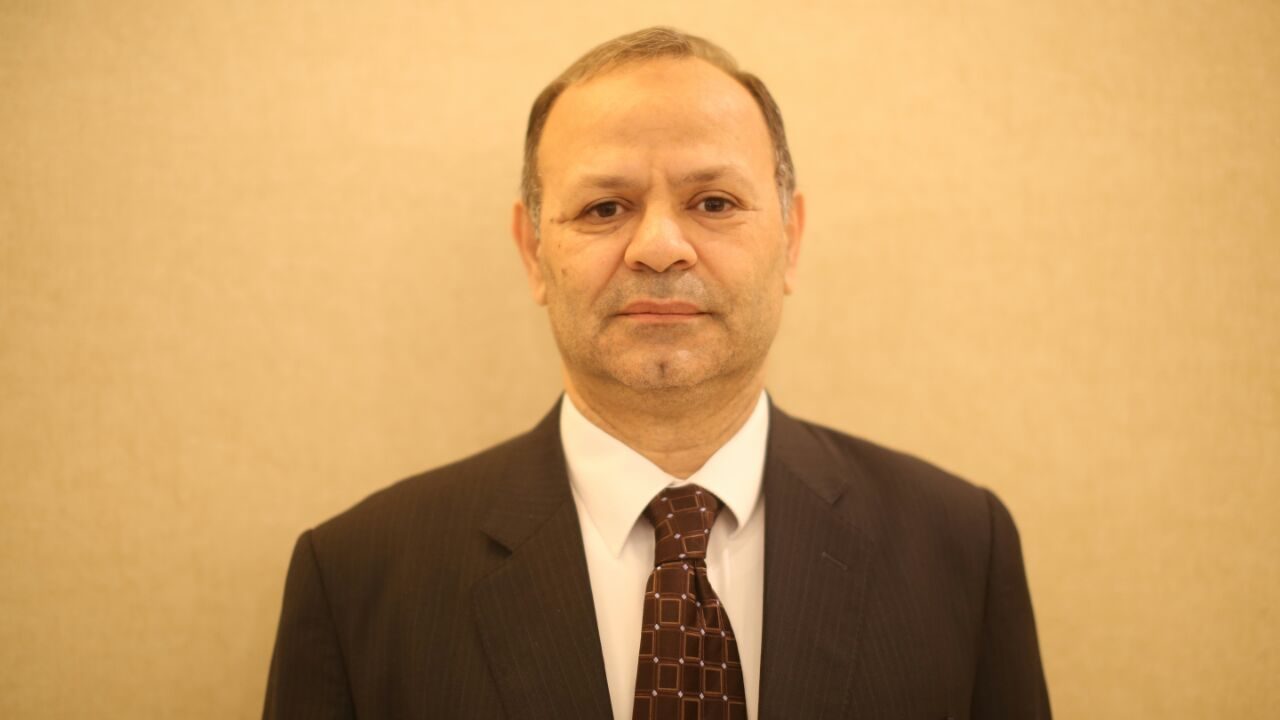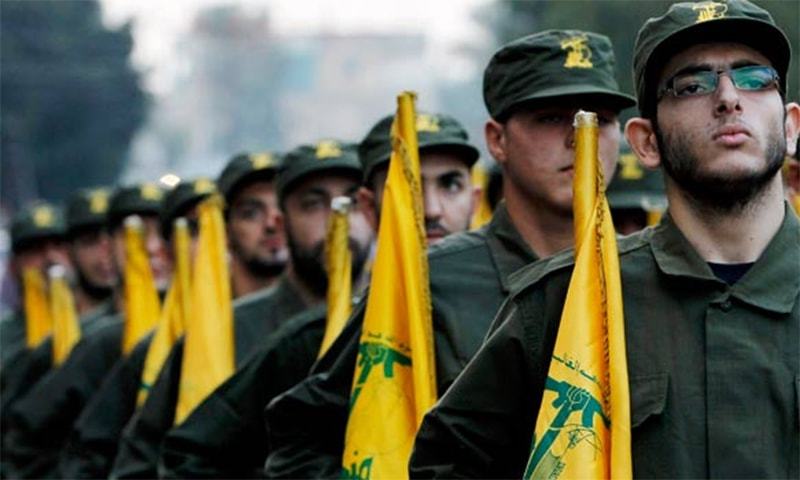
Lebanese leaders have already agreed a new government after a year of political feuding over cabinet seats that has exacerbated a devastating economic collapse, reported Reuters.
The breakthrough followed a flurry of contacts from France which has led efforts to get Lebanon’s fractious leaders to agree to a cabinet and begin reforms since last year’s catastrophic Beirut port explosion, senior Lebanese political sources said. There was no immediate comment from the French Foreign Ministry.
Lebanese President Michel Aoun announced after meeting with Prime Minister Najib Mikati and Speaker of the Parliament Nabih Berri in the presidential palace in Baabda on Friday, that Lebanon has formed a new government.
The formation of a government aims to end 13 months of uncertainty, as Lebanon has been without an official government since August of last year, after the previous one resigned in the wake of the Beirut port explosion.
In a sign of tentative optimism, the lira significantly appreciated in value, trading at 15,500 lira to the dollar, where it had been trading at 18,000 just a day prior.
Mikati heads a 24-member cabinet, staffed largely of figures seen as establishment types, with a few reformists and individuals with unknown affiliations among the list. Notably, the cabinet only includes one woman.
Yousef Khalil, a senior official with the Lebanese Central Bank, will be the Minister of Finance. Abdallah Abu Habib, Lebanon’s former ambassador to Washington, will be foreign minister. Firass Abiad, Manager of Rafik Hariri University Hospital, will be Minister of Health. Saade Chami, who used to work at the IMF and was the secretary general of the Capital Markets Authority in Lebanon, will be the deputy PM. George Kurdahi, former host of the Arabic game show “Who Wants to Be a Millionare,” will be Minister of Information.
The Minister of Interior will be former Judge Bassam al-Mawlawi, Education Abbas Halabi, Public Works Ali Hamiya, Environment Nasser Yassin, Justice former Judge Henry Khuri, Culture Mohammad Wissam Mortada, Displaced Issam Sharafeddine, Defense Maurice Slim, Labor Mustafa Bayram, Social Affairs Hector Hajjar, Economy Amin Salam, Telecoms Jonny Korm, Tourism Walid Nassar, Agriculture Abbas Hajj Hasan, Labor Mustafa Bayram, Youth and Sports George Kalas, Industry George Debakia, Energy Walid Fayyad, and the Ministry of Administrative Development will be Najla Riachi.
Mikati, one of Lebanon’s richest men, has been prime minister twice before. He was tasked with forming a government on 26 July after previous PM designate Saad Hariri resigned. He initially said that he would either form a government quickly, or resign. However, initial optimism for his ability to push through a new cabinet list was stymied as negotiations with rival parliamentary blocs dragged on.
Disagreements over a new cabinet lineup produced fierce gridlock, with Mikati being the third prime minister-designate tasked with forming a new government.
A key obstacle to the new government reportedly centred around the insistence of President Aoun and his son-in-law Gebran Bassil, who leads the Free Patriotic Movement (FPM), to choose a third of the cabinet—effectively giving them “veto power” in the new government.
In the absence of a government, Lebanon has spiralled into an economic crisis dubbed one of the top three “global crisis episodes” since the mid-19th century by the World Bank. The currency has depreciated over 90 percent while products undergo hyperinflation, pushing even the most basic of goods out of reach for most Lebanese.
Lebanon’s caretaker government has largely let the crisis unfold with little interference, save the establishment of a direct cash aid program yesterday which will give 500,000 families about $93 a month. Concurrently, the government has lifted the subsidies on most goods, including fuel, bread and medicine.
A UN report in early September revealed that 82 percent of Lebanese lived in “multidimensional poverty,” a metric which takes into account individuals who lack access to either education, healthcare, public utilities, housing, assets and property, and income.
Mikati has not specified much in terms of policy for the transitional government, but has said he will engage the IMF in talks to get Lebanon much needed financial assistance. International donors have pledged international aid to Lebanon, but only after it forms a new government, and passes political and economic reforms.
Mikati is the third prime minister-designate to attempt to form the government since the government resigned over a year ago in the aftermath of the Beirut port blast amidst the worsening economic meltdown
Mikati was designated after Saad al-Hariri, a former prime minister, abandoned his efforts. Hariri traded blame for the failure with Aoun, an ally of Iran-backed Hezbollah.
Aoun’s political adversaries have accused him and his political party, the Free Patriotic Movement, of seeking effective veto power in the new government by demanding a third of the seats. Aoun has denied this repeatedly.
Lebanon has a general election scheduled for early May, 2022.



